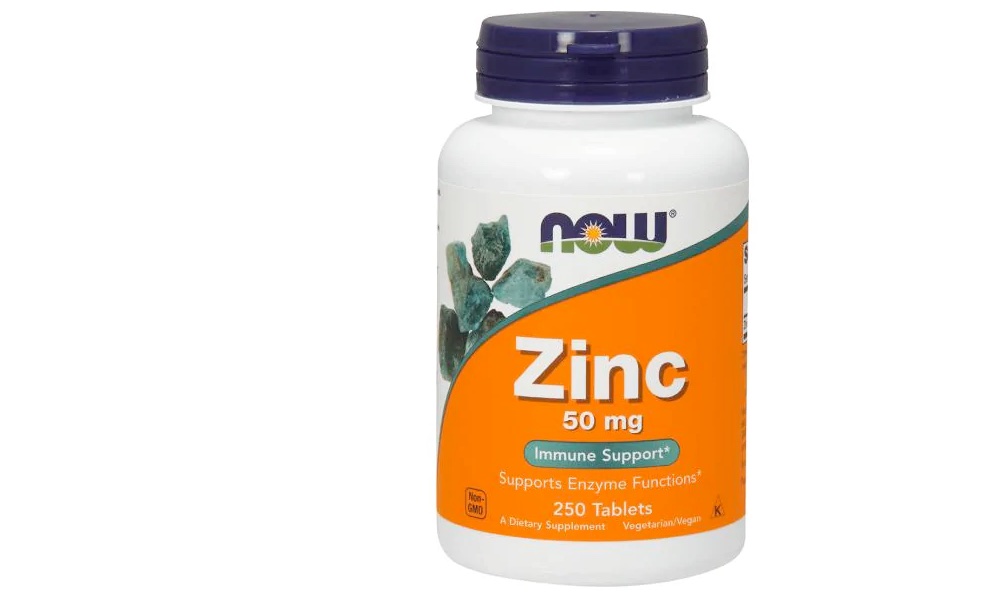Sales of supplements to strengthen the immune system have skyrocketed since the coronavirus pandemic began, and zinc has been one of the nutritional supplements chosen most often. Whether it’s consumers looking for ways to protect themselves from the virus or doctors and scientists searching for treatments, the mineral is a frequent topic of conversation as the pursuit for protections against COVID-19 infection continues.
Zinc is an essential trace mineral that plays a number of roles in the body. One of them involves the production of white blood cells that fight infection and produce antibodies. It also supports the body’s resistance to inflammatory and infectious diseases.
Researchers from Sechenov University in Russia and other researchers in Germany and Greece examined previously published studies on the use of medications containing zinc in the treatment and prevention of pneumonia and viral infections, including SARS-CoV-2 that caused COVID-19. Their findings have been combined in a review published in the International Journal of Molecular Medicine.Zinc’s anti-inflammatory effect may also help reduce damage to lung tissue in pneumonia and help the body resist bacteria that could lead to bacterial pneumonia.
Increased amounts of zinc in cells reduces the reproduction of other viruses, like rhinoviruses, studies have shown. Zinc also stimulates the production of a protein with antiviral activity called interferon alpha. Zinc deficiency, on the other hand, is a risk factor for the development of pneumonia. Not only does it increase the risk of developing the disease, it increases its duration. Studies have shown that zinc-containing drugs decrease the severity and duration of pneumonia; however, information on the use of zinc as a treatment is inconsistent.
Zinc’s anti-inflammatory effect may also help reduce damage to lung tissue in pneumonia and help the body resist bacteria that could lead to bacterial pneumonia, a condition that often occurs in people with secondary viral infections. In summary, adequate zinc status may decrease the likelihood of developing infectious respiratory diseases, pneumonia and the complications of pneumonia, and zinc deficiency could be considered a risk factor for infectious disease. While it may be inferred from the research that zinc may help in the fight against COVID-19, there simply isn’t enough scientific data to make any such recommendations.
Zinc deficiency is rare in the U.S., but among older populations intake may be marginal, and this could be concerning because seniors appear to be more susceptible to bad outcomes from COVID-19. In the U.S., 35 to 45 percent of adults aged 60 and older do not consume enough zinc. Even considering food and dietary supplements, 20 to 25 percent of older adults do not have adequate zinc intake.
The Centers for Disease Control states that “dietary supplements aren’t meant to treat or prevent COVID-19,” but it also has this to say about zinc: “Certain vitamins and minerals (e.g., Vitamins C and D, zinc) may have effects on how our immune system works to fight off infections, as well as inflammation and swelling.”





